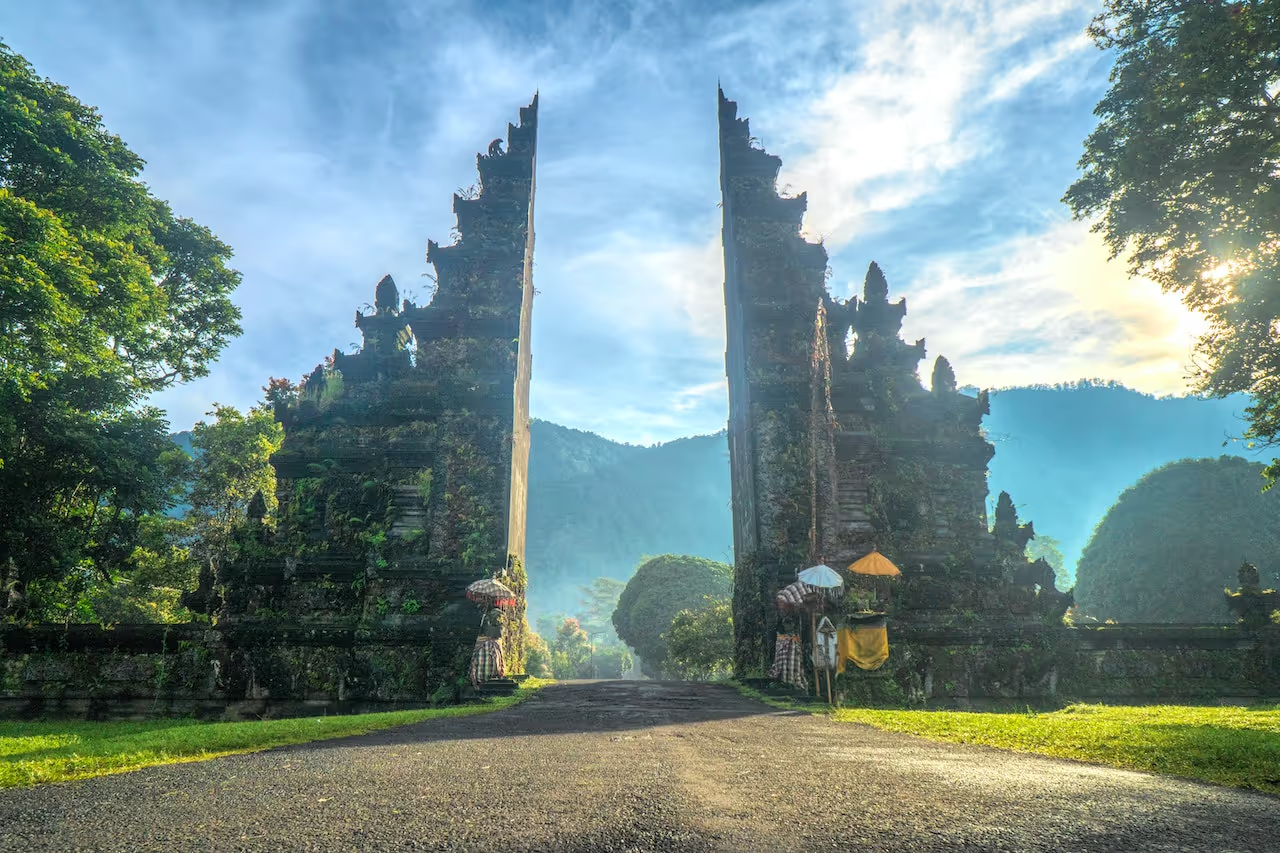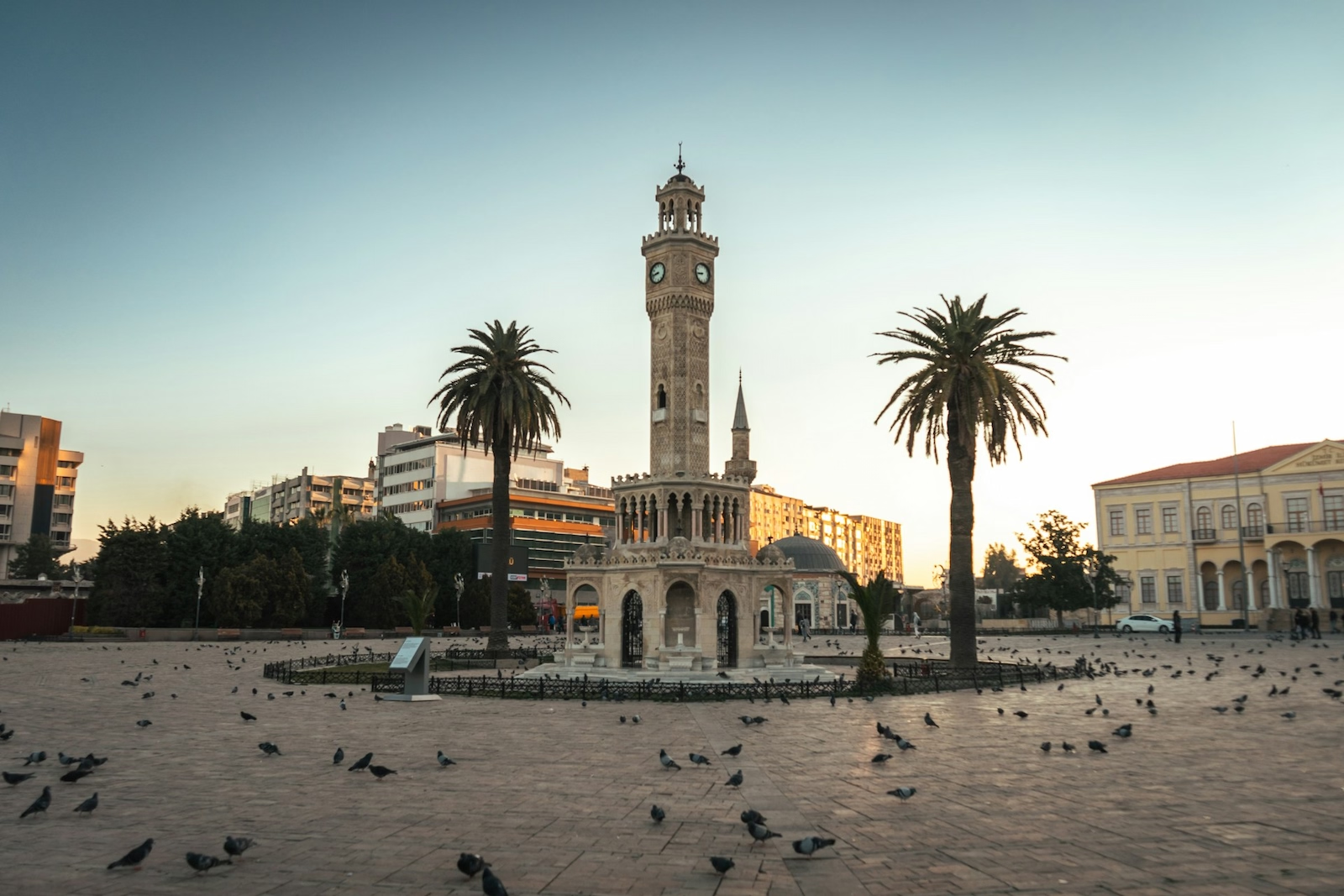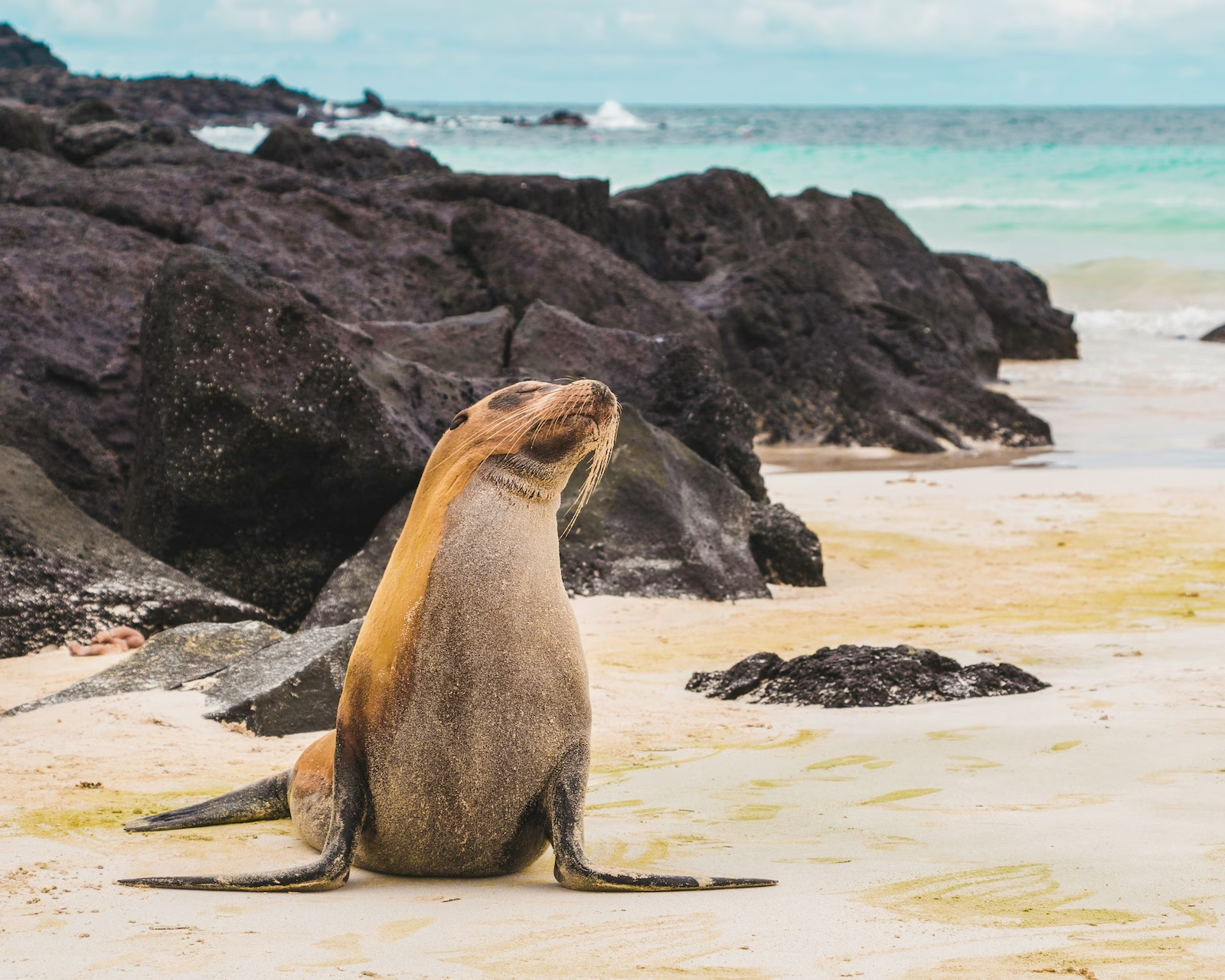At the top of travel bucket lists you are likely to find Bali, Indonesia’s most popular tourist destination for all the right reasons. A paradise in every sense of the word, Bali has an abundance of opportunities related to all things wellness — from yoga and vegan smoothie bowls, to gigantic swings and wildlife sanctuaries. But if you want to spend more time than the average visitor on this gorgeous island, then have no fear, as the much anticipated launch of the Digital Nomad Visa makes it possible to do so. Here is our guide to what you should know about this visa, so that you can have a home office with the ultimate view.

Types of Visas
The B211a Business Visa allows digital nomads to stay in Indonesia for up to 60 days, with the option of extending the visa for an additional 60 days twice. This means that you can spend up to 6 months in Bali working remotely without paying taxes. After this period of time, you will either need to leave the country, or organise an additional B211a Business Visa Onshore before your stay in Bali comes to an end.
If you are looking to stay in Bali for a shorter period of time, then the Visa on Arrival ($35 roughly) is in your interest. Allowing you to stay in the country for up to 30 days, with the possibility of extending this once for another 30 days, the Visa on Arrival is a great option for those looking for a brief break away from your usual environment. Just make sure to check that you are on the list of nationalities eligible for this visa first.
Please note that both the B211a Business Visa and the Visa on Arrival are single-entry only, meaning that if you leave the country you will have to reapply.
The most recent visa that people are talking about is the Second Home Visa, which becomes available at the end of 2022. The first long-term visa for international remote workers looking to settle in Bali, it has gained traction for opening up more opportunities for digital nomads. But keen travellers need to note that this visa comes with a price-point: you must be able to prove that you have $140,000. After your application has been processed, you will be allowed to stay in Bali from 5 to 10 years.

What do I need to apply?
Before you start any applications, you should read through the list of nationalities that are allowed to enter the country, and on what visa basis. This list can essentially be broken down into four categories: no possible entry, B211A Visa, Visa on Arrival, and Visa Exemption (ASEAN countries only, single entry for up to 30 days maximum). However, if your country is listed under Visa on Arrival, you can still apply for a B211A Visa; it just means that there are less restrictions for you in place when it comes to visiting Bali.
In order to apply for the B211A Visa, you will need to complete an online application form, where you will provide your personal details, photos of your passport and medical documents to show that you have been vaccinated for Coronavirus, or a medical statement to confirm that you are exempt. You cannot enter Bali-Indonesia if you are unvaccinated out of personal choice.
If you apply through Bali.com, then you can choose between two services to process your visa application: standard service (14 business days), or fast service (7 business days). This respectively costs $295 and $385 plus 11% VAT, although you can also pay in Euros, Pounds, Australian and New Zealand Dollars.

Where to work
The great news about being a digital nomad in Bali is that you are not the first person to do it, and so there are plenty of spaces set up to support you.
An excellent choice would be Zin@Work Co-Working in Canggu. Open every day from 7am to 10pm, this Wi-fi haven is conveniently located by the beach, and the establishment’s own café and restaurant. You do not have to worry about getting distracted though, as there is even an air-conditioned ‘focus room’ to ensure you get all your work done in time. But the best part is that you can work here free of charge!

Where to stay
If you prefer for everything to be in one place, then we recommend staying at one of the several establishments that offer co-living and co-working. From Canggu-based Dojo Bali ($429 per week) to Kuta and Sunset Road’s own Bali Bustle ($160 / $128 per week), these companies have years of experience in helping fellow digital nomads find their feet on this island.
Outside of this, you could also choose to stay at one of the many properties listed on Airbnb. Although the prices and quality of accommodation does vary, it can be a great option for those just starting out — and who knows, you may even strike gold!
Extremely popular with young adults, it is hardly a surprise that Bali also has several hostels under its belt. To get a sense of what might suit you, we recommend looking through Hostelworld. But if you ask us, then Tribal Bali is possibly the best hostel to stay at as a digital nomad ($14+ a night). Centred around ‘Work, Rest, and Play’, Tribal Bali will fit all your needs and add a little more.

For the latest Second Home Visa information, check out Bali’s №1 Travel Guide, Bali.com.
For up-to-date travel information on Bali, we recommend reading the foreign travel advice provided by your country’s public sector information website.






.jpg)










